How can journalists effectively cover the full scope of human rights, social and political issues surrounding this summer’s European Games in Baku?


How can journalists effectively cover the full scope of human rights, social and political issues surrounding this summer’s European Games in Baku?
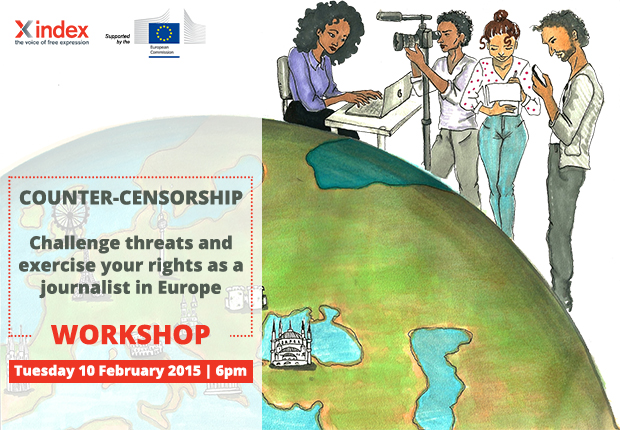
Index on Censorship is hosting a workshop on how the next generation of journalists can address threats and challenges to their freedom in Europe.
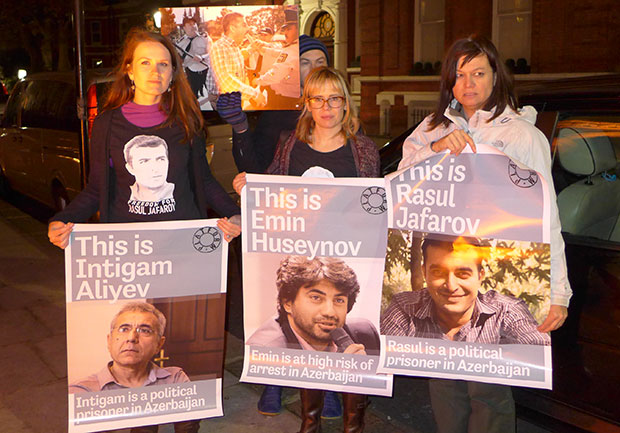
Organisations and individuals from across Europe gathered in front of Azerbaijani embassies on Monday to demand Azerbaijan ends its crackdown on civil society.
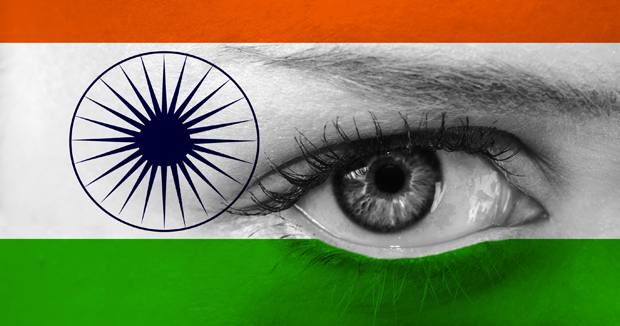
The Global Network Initiative and the Internet and Mobile Association of India have launched an interactive slide show exploring how India’s internet and technology laws are holding back economic innovation and freedom of expression.

Malian band Songhoy Blues spoke to a London audience about the challenges musicians face in their country, where music has been banned by a local armed Islamist group in the north of the country since 2012

With the adoption of a progressive legislation on internet rights, Brazil is taking the lead in digital freedom, but more works needs to be done to protect freedom of expression.

Key debates are under way at international level on internet governance, with crucial decisions up for grabs that could determine whether the internet remains a broadly free and open space, with a bottom up approach to its operation – as exemplified in part by the multistakeholder approach – or becomes a top-down controlled space as pushed for by China and Russia, supported to some extent by several other countries.

Brazil is the world’s second-biggest user of both Facebook and Twitter, with already 65 million Facebook users and 41.2 million tweeters and counting.

When it comes to the internet, Brazil is a conundrum. On the one hand it is among the top requesters to Google and other internet firms for content takedowns. On the other hand, Brazil has passed a progressive law — Marco Civil — putting it on a footing to be one of the world leaders on internet freedom.
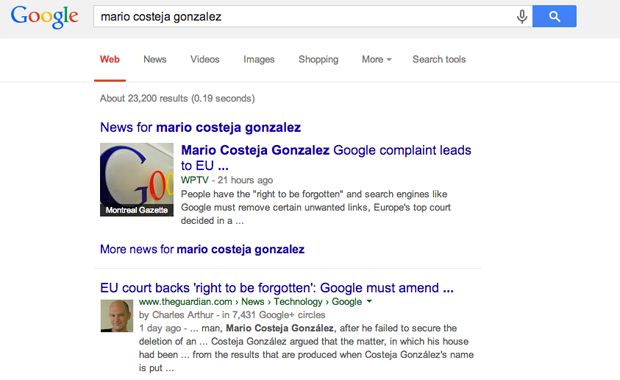
Although the Court of Justice of the European Union’s ruling on the right to be forgotten was made with intention of protecting European citizens’ personal data, the court’s ruling opens the door for anyone to request that anything be hidden from a search engine database with no legal oversight.
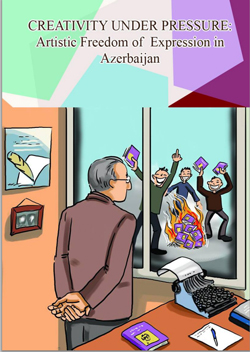
As Azerbaijan is about to assume the Chairmanship of the Council of Europe Committee of Ministers, a new report details cases of violations of the right to artistic freedom of expression over the past three years in the country. According to the...
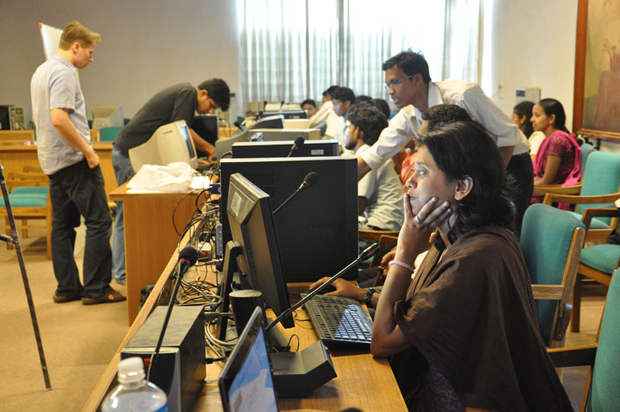
The rules India makes for its online users are highly significant – for not only will they apply to 1 in 6 people on earth in the near future as more Indians go online, but as the country emerges as a global power they will shape future debates over freedom of expression online.